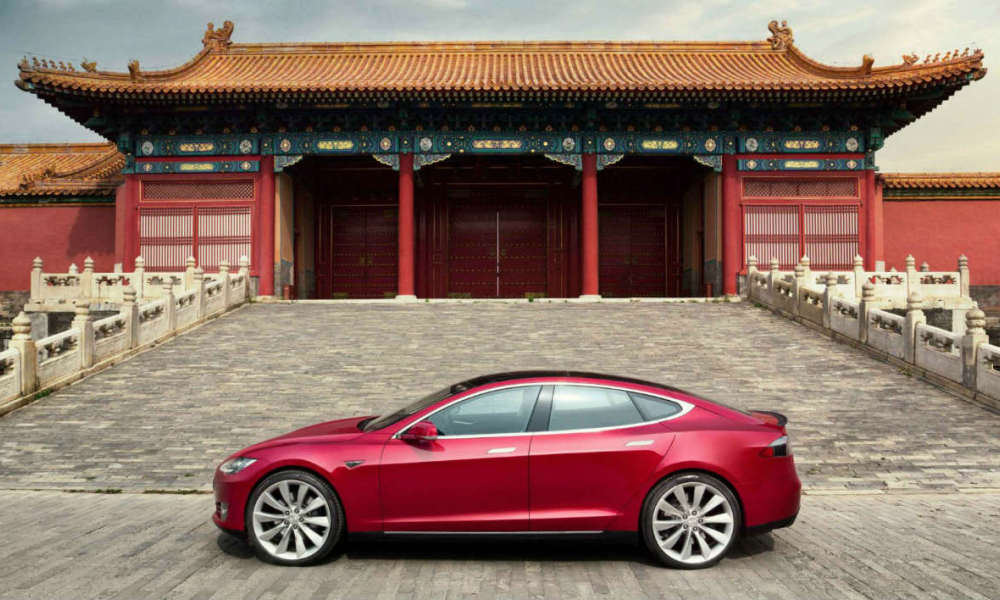China Challenges US Electric Vehicle Subsidies at the WTO
The global race for electric vehicle (EV) supremacy is heating up as China escalates its trade dispute with the United States over alleged unfair subsidies. This significant move underscores the intensifying competition between the two economic giants in the burgeoning EV market.
The Core of the Dispute
The latest development in this trade skirmish involves China initiating a new procedure with the World Trade Organization (WTO) to contest the US government’s subsidies for its EV industry. These subsidies, China argues, distort the global market, giving American companies an unjust competitive edge.
The US, on the other hand, defends these subsidies as a necessary measure to accelerate the transition to green energy and to maintain leadership in a critical industry of the future. This argument is particularly salient as the world grapples with climate change and seeks sustainable alternatives to fossil fuels.
Impact on the Global Market
The implications of this dispute extend far beyond the US-China standoff. The outcome could set precedents for how nations support their nascent EV industries and could influence global trade policies. Moreover, it adds another layer of complexity to the already intricate dynamics of international trade and environmental policy.
The European Union, a significant player in the EV market, is watching closely. Any changes in US or Chinese policies could affect European manufacturers and their competitive standing. Furthermore, UK companies are also keeping a close eye on the developments, given the potential impact on their supply chains and market strategies.
Technological Innovation and National Security
Technological innovation is at the heart of the EV industry, and both the US and China are vying for leadership. From advancements in battery technology to autonomous driving, the stakes are high. This competition is not just about economic gains but also about national security, as control over cutting-edge technology often translates to geopolitical influence.
Additionally, as both nations push forward with their respective EV initiatives, the dispute over subsidies reveals underlying tensions about intellectual property rights and technology transfer. These issues further complicate an already fraught relationship.
Environmental Considerations
Amidst this trade conflict, environmental concerns remain paramount. Both the US and China have committed to reducing their carbon footprints, and promoting electric vehicles is a key component of their strategies. However, the dispute over subsidies raises questions about the best ways to foster industry growth while ensuring fair competition and environmental integrity.
The Way Forward
As the WTO begins its proceedings, stakeholders across the globe are looking for a resolution that balances market fairness with the urgent need for technological progress in the EV sector. Whether through negotiations or legal rulings, the outcome of this dispute will have lasting ramifications on the global electric vehicle market.
Ultimately, the hope is that this contention leads to more robust international policies that support innovation and environmental sustainability without undercutting fair competition. In the increasingly electrified future of transportation, collaborative efforts and fair practices will be essential for all players involved.
